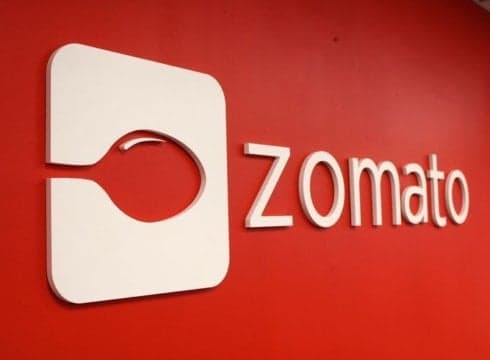Adopts leaner operations and downsizes content teams in low demand markets
Inc42 Daily Brief
Stay Ahead With Daily News & Analysis on India’s Tech & Startup Economy
While growth and funding have been the talk of the town in the startup ecosystem, layoffs seems to be the new trend that’s catching up. Startups like Townrush, Tinyowl, Housing.com, Helpchat and a few others have been cutting down their workforce due to change in the business models.
It is now Zomato which is downsizing its team. According to a TechCrunch report, Zomato is laying off around 10% of employees from its current 3000 strong team. The layoffs will be largely from the “content” team, the employees who collect data from restaurants listed on the Zomato platform. Basically, it is shifting focus from the Fleet on the Street model, as a lot of the information that these teams gather is usually already available online. As per the company, the bulk layoffs will be in the US, as this “Fleet on the Street” approach is not required there.
A few lines from the latest blog posted by Deepinder Goyal, Founder and CEO of Zomato specified the same message.
His blogpost reflected that as the startup was shifting focus towards transaction-based model, it was looking at ways to optimise the content team. Majority of this being in the US and other regions that are relatively smaller markets for the company.
He wrote:
“The time has come for us to focus deeply on transactions in countries where it matters. We are also going to make important changes to our business and make sure we put every dollar and every Zoman behind the things that matter the most.”
Going forward, the company will focus on Zomato for Business app so that more business owners start managing their listings themselves.
He hinted on having a smaller team saying:
“The countries we entered in the recent past have not been working with our existing model of collecting content and building community relations – alternate models will need to be identified and implemented. We have few ideas that we will be piloting in selected few regions, right away. Over time, as we fully transition, we will need leaner content teams across the world.”
He added:
Most of the team members in the regions should be in sales to help us incorporate Zomato Book in as many restaurants as possible. This means that in these regions, our operations will need fewer people to run the show compared to the past. All these things will also significantly bring down our burn rate, and as we go along, make our businesses in these markets much stronger.
Started in 2008 as Foodiebay, a service that shares restaurant menus, Zomato, today has transformed into a trans-national food-tech company with its presence in 12 countries connecting over 200,000 restaurants. It clocks around 20 Mn visitors a month and is currently valued over $1 Bn, after it closed a $60 Mn round from Temasek Holdings Pte and existing investor Vy Capital.
In past one year, it has also acquired a number of startups in India and in international markets such as Mekanist (Turkey), MenuMania (New Zealand), Lunchtime (Czech Republic), Obedovat (Slovakia), Gastronauci (Poland), Cibando(Italy), MaplePOS and NexTable(US). The biggest acquisition was Urbanspoon for $60 Mn in cash deal, that helped Zomato enter the US and Australia markets.
However, it is changing its geographic outlook, dividing it into two major parts i.e. Full-slack and Enterprise. Full Stack includes India, the Middle East, South East Asia (the Philippines and Indonesia), and ANZ (Australia and New Zealand) and these are characterized by larger market base, faster growth, and Zomato being the strongest player in this particular space.
Enterprise comprises of all the other regions that are relatively small markets, showing slower growth and where Zomato is not a dominant player. While Zomato will be selling full suite of products in the Full slack regions, since they have very high levels of traffic, the operations in the Enterprise regions will be confined to transaction businesses, especially looking at Zomato Book , their table reservations engine.
A recent report by Nasscom and Zinnov stated that India has the third fastest growing base of startups worldwide with the number of startups crossing 4,200 by the end of 2015, registering a growth of 40% year-over-year. It highlighted that in 2015 alone it generated 80,000 jobs and roughly 3-4 startups are born everyday. Over $5 Bn of investment have gone in funding these startups this year, compared to $3 Bn in 2014. However, as the startups succumb to pressure from investors to be profitable, they may have to morph into new business models. This might create redundancies in the organization, leading to more employee churn.
Earlier, Helpchat reportedly fired over 100 employees, as it is pivoting to automated model. Tinyowl was said to have laid off over 160 employees and Housing was letting go more than 600 employees over the next few months.
{{#name}}{{name}}{{/name}}{{^name}}-{{/name}}
{{#description}}{{description}}...{{/description}}{{^description}}-{{/description}}
Note: We at Inc42 take our ethics very seriously. More information about it can be found here.


